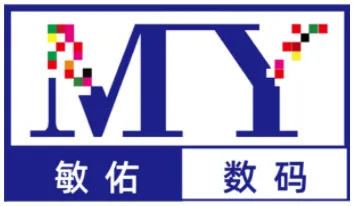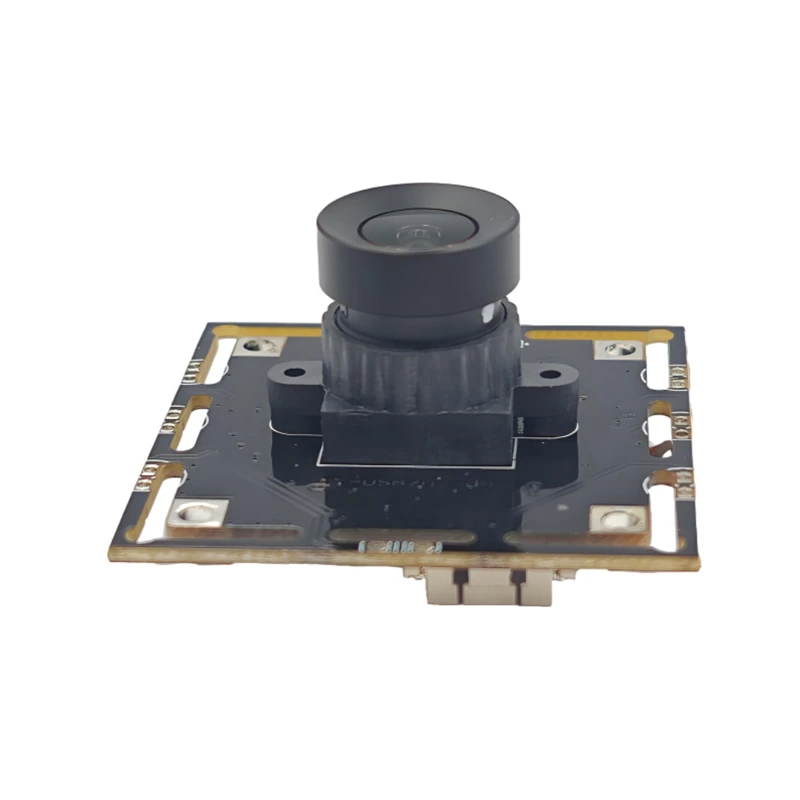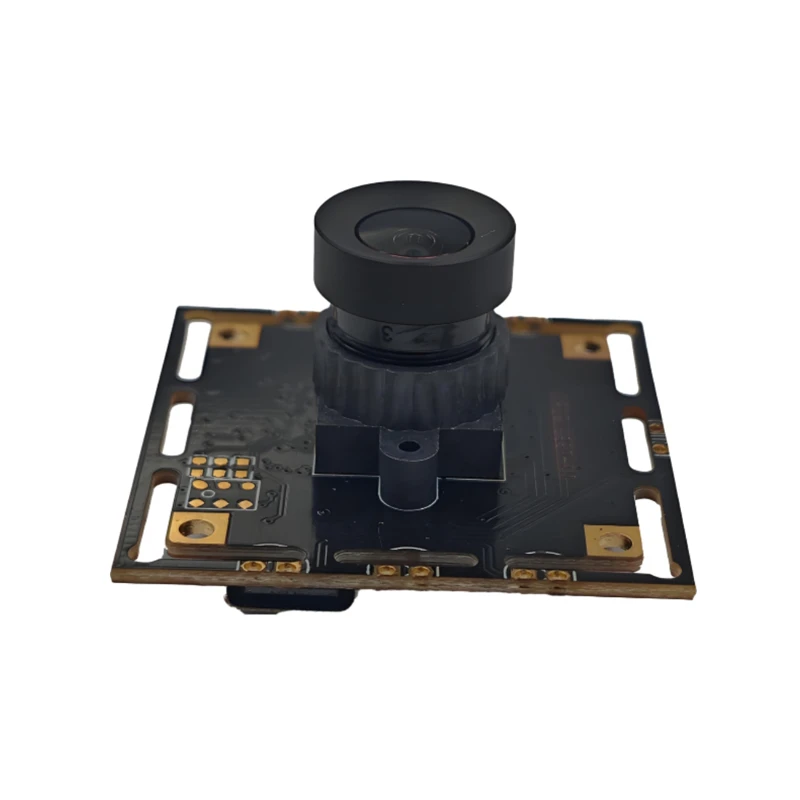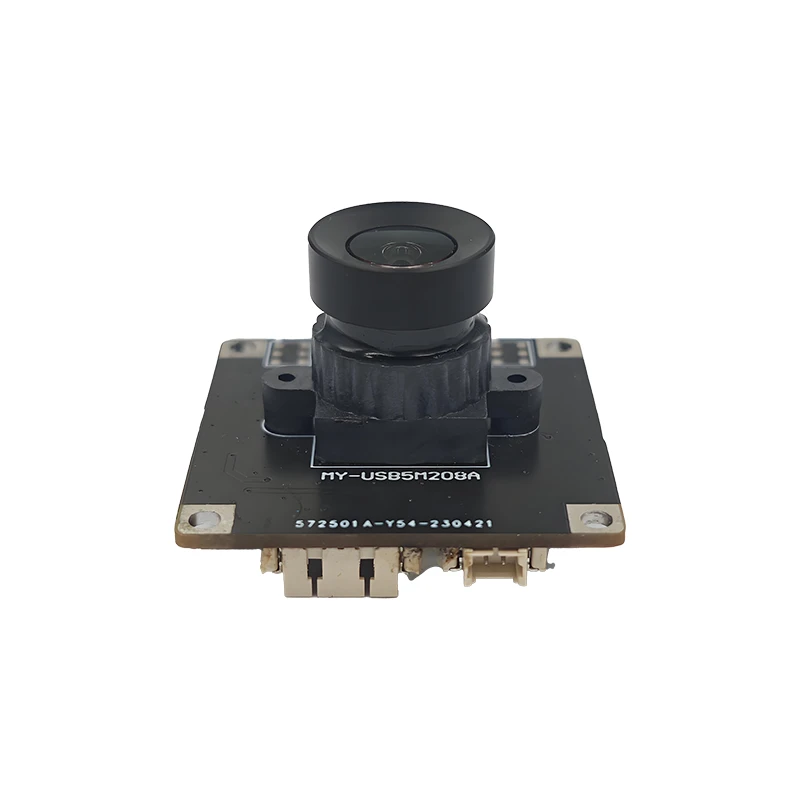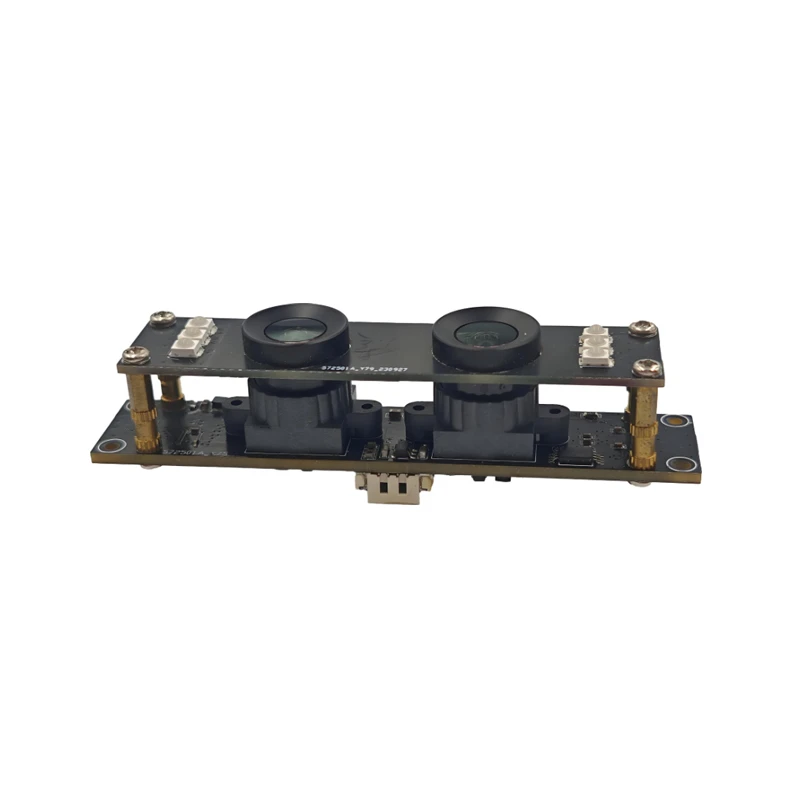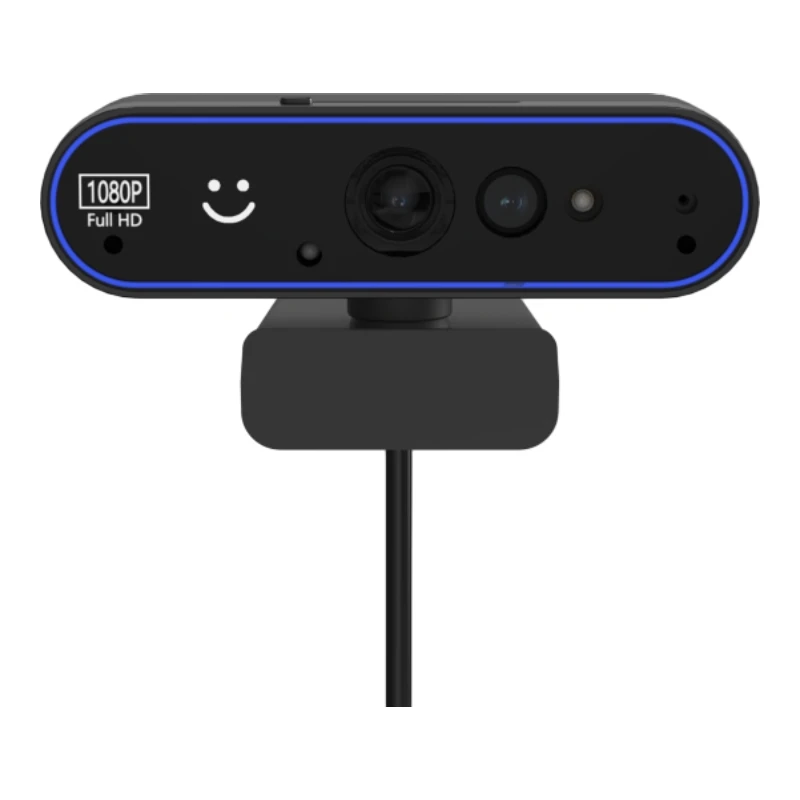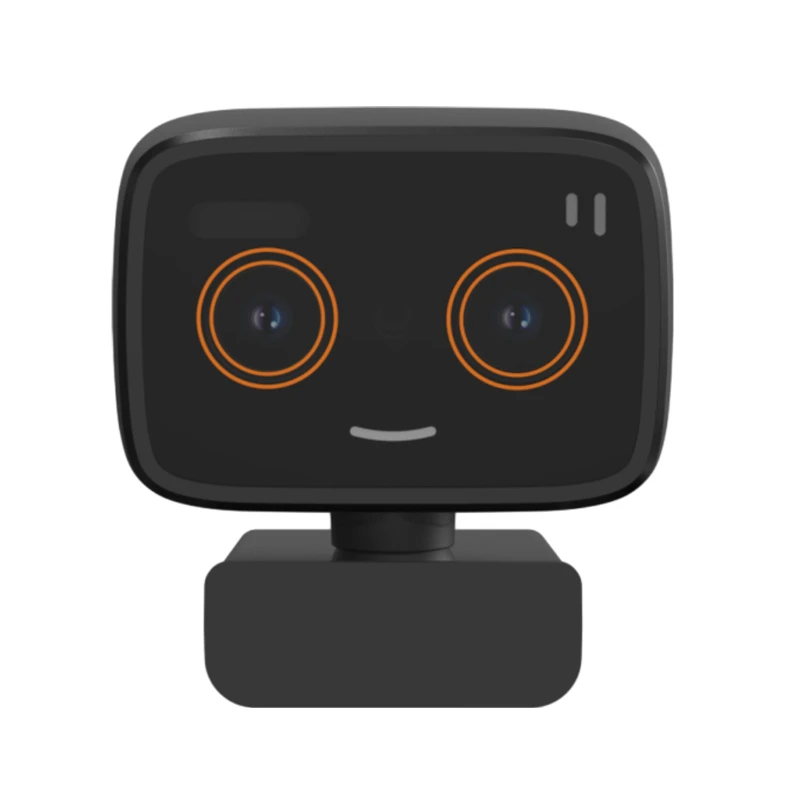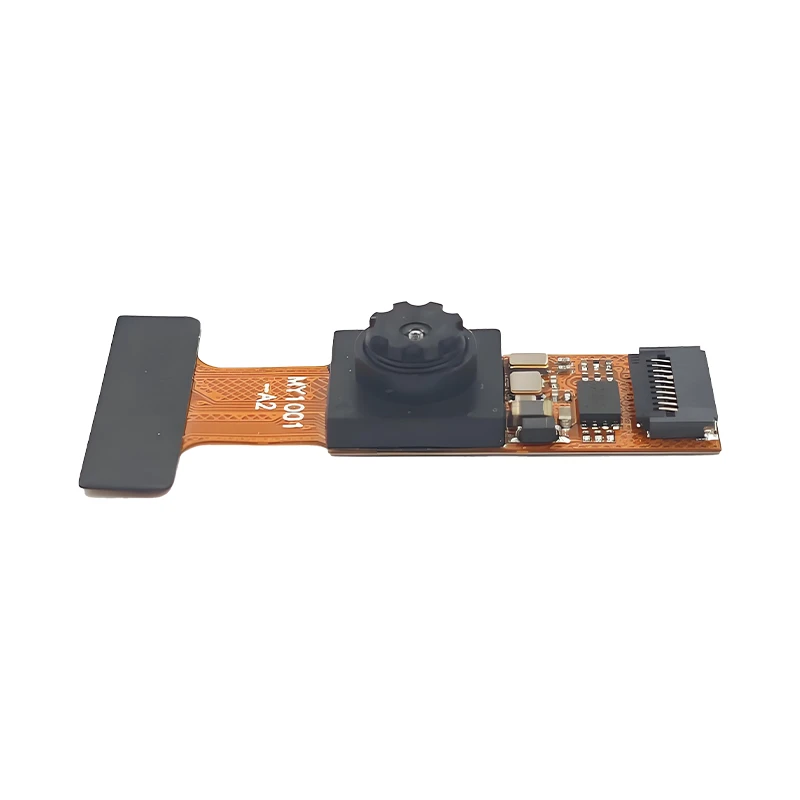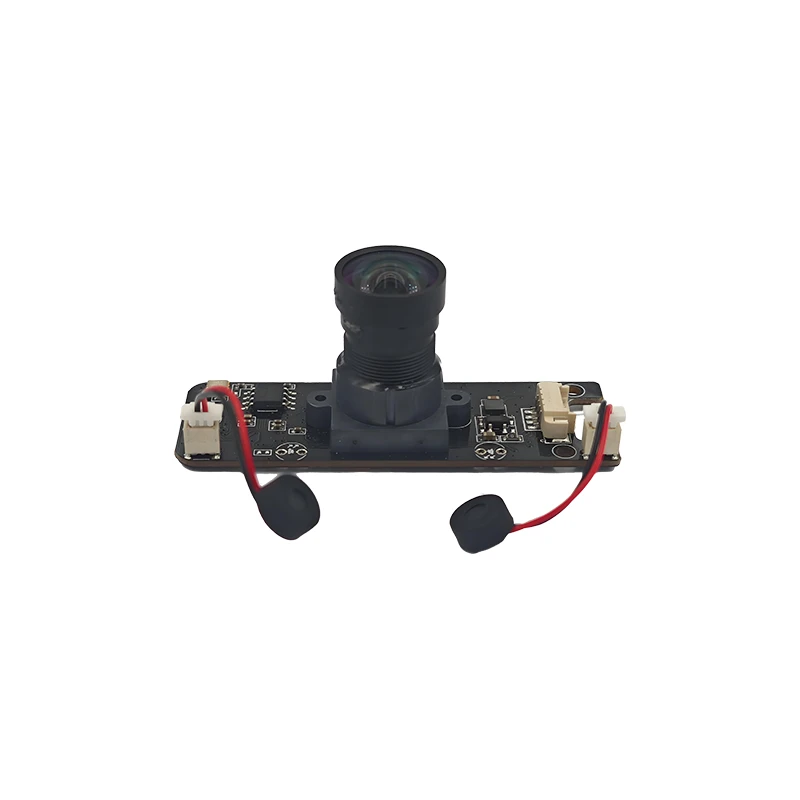Aug . 01, 2025 08:57 Back to list
Advanced Vision Solutions With Custom Camera Modules
Modern industries increasingly rely on high-quality camera modules to power smart devices, enhance AI-driven systems, and enable next-generation imaging solutions. From USB camera modules for PCs and industrial systems to MIPI FPC modules embedded in mobile applications, today’s camera modules are more than just compact hardware—they’re the foundation of intelligent visual technology.
Whether you're looking to buy camera modules in bulk for OEM solutions or interested in learning about the latest camera module specs and designs, this comprehensive guide will help you navigate the fast-evolving imaging landscape.
Buy Camera Module Solutions Tailored To Your Needs
If you're ready to buy camera modules, selecting a reliable supplier is critical. Your supplier should offer more than a standard product catalog—they should also provide full customization capabilities, quality certifications, and ongoing technical support.
Established in 2013, Shenzhen Minyou Digital Technology Co., Ltd is a trusted name in the global camera module market. As a professional OEM and ODM manufacturer, we specialize in:
-
AI cameras for facial recognition, surveillance, and edge computing
-
USB camera modules for PC, TV, Web, and industrial monitoring
-
FPC camera modules including MIPI interfaces for embedded applications
-
Specialized sensor modules with high dynamic range and low-light performance
We are committed to meeting specific project requirements and tailoring hardware/software designs for industries such as smart home, education, retail, medical imaging, and automotive technology.
With our 3000+ sqm dust-free, anti-static factory environment and over 6000 sqm production base, we ensure each camera module is manufactured to high standards of precision, cleanliness, and consistency.
USB Camera Module Price: Factors That Influence Cost
Understanding USB camera module price involves more than just comparing basic specifications. Several technical and supply-chain factors directly affect the cost:
-
Sensor Quality: Higher-resolution sensors, like Sony IMX or OmniVision, can significantly impact pricing.
-
Frame Rate & Interface: USB 3.0 modules offering 60fps or higher usually cost more than standard USB 2.0 ones.
-
Lens Type: Fixed focus lenses are cheaper than autofocus or wide-angle options.
-
Board Size & Design: Smaller, compact modules designed for wearable devices or mini PCs often require complex PCBs.
-
Custom Features: Night vision, IR-cut filters, or HDR processing will add to the total price.
At Shenzhen Minyou, we offer highly competitive usb camera module pricing while maintaining outstanding quality. We manufacture in bulk, reduce overhead through intelligent production planning, and pass those savings on to our global partners.
Our transparent pricing model helps customers optimize costs based on project volume, features, and delivery timelines.
USB Camera Module OEM: End-To-End Customization
The demand for USB camera module OEM services is growing rapidly in sectors such as industrial inspection, robotics, and healthcare. Clients today don't just want a camera—they want a solution that fits their unique device, software, and user expectations.
At Shenzhen Minyou, we provide OEM development for:
-
Size Customization: Modules ranging from 8x8mm micro designs to large board-level systems.
-
Sensor Selection: From 1MP to 13MP+, based on required clarity, lighting conditions, and AI processing.
-
Connectivity: USB 2.0, USB 3.0, or dual-mode interfaces depending on the host device.
-
Lens & Housing: Custom lens mounts (M12, CS) and waterproof/heat-resistant casings.
-
Software Integration: Plug-and-play UVC compatibility or customized SDK integration for embedded AI.
Our team includes R&D engineers with extensive experience in embedded vision, image signal processing, and sensor calibration. We work closely with clients through the entire development cycle, ensuring all deliverables meet application-specific demands.
Our company passed ISO9001 quality system certification in April of 2020, reinforcing our commitment to consistency and process control. Additionally, we hold dozens of national patents and international certifications including CCC, CE, FCC.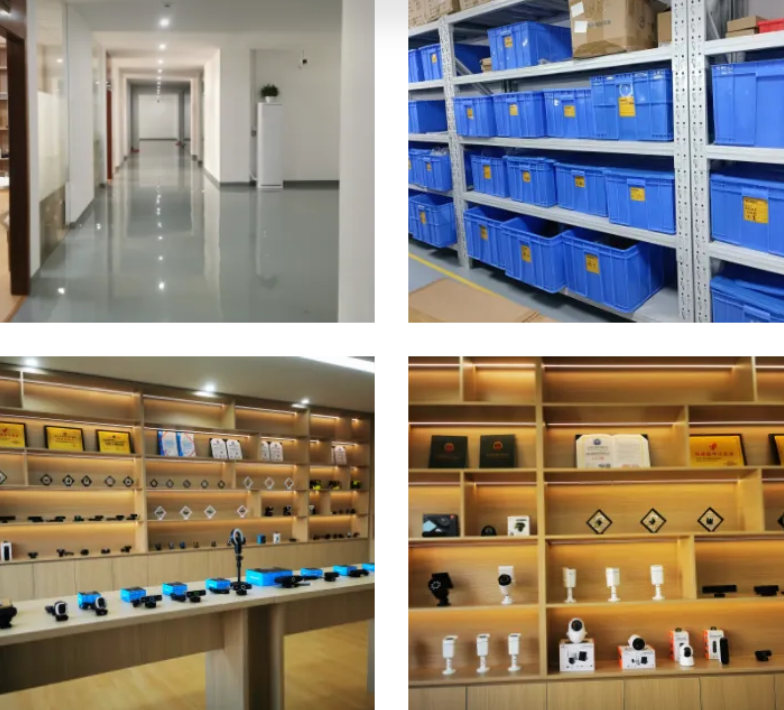
Camera Module Spec: What To Look For When Evaluating Options
A high-performing camera module is built on the synergy of carefully chosen specs. If you’re building a product that requires vision capabilities, you must evaluate:
-
Resolution: Determines the pixel density. 720p for simple applications; 4K for advanced imaging.
-
Frame Rate (FPS): Crucial for real-time applications like robotics or live streaming.
-
FOV (Field of View): A wide-angle lens may capture more area, while narrow lenses suit focused tasks.
-
Interface Type: USB, MIPI-CSI, DVP, or Ethernet depending on system architecture.
-
Operating Environment: Temperature, vibration, or humidity tolerance are vital in industrial uses.
-
Shutter Type: Global shutters are ideal for motion capture; rolling shutters are suited for still imaging.
At Shenzhen Minyou, we provide fully documented camera module specifications for each product, including datasheets, CAD drawings, and demo videos. We also offer evaluation boards and firmware customization for smoother integration into your systems.
Camera Module Design: Innovation Meets Function
Smart product developers increasingly focus on camera module design as a core innovation component—not just a hardware necessity. Miniaturization, energy efficiency, and embedded AI processing are shaping the next generation of module development.
Our in-house engineering team combines:
-
PCB Design: Multilayer board design optimized for EMI/ESD resistance.
-
Thermal Management: Heat dissipation structures for high-res or long-duration video capture.
-
Housing & Bracket Design: Custom mounting for integration into robotics, kiosks, smart appliances.
-
Firmware & ISP Tuning: Real-time image tuning and frame buffering for AI compatibility.
As part of our R&D mission, Shenzhen Minyou Digital Technology Co., Ltd invests heavily in innovation. We’ve earned dozens of national patents through independent research and development, continuously pushing the boundaries of camera technology.
We serve clients in North America, Western Europe, Asia, and China’s domestic market, building long-term partnerships with organizations that rely on consistent quality, on-time delivery, and collaborative design workflows.
Looking forward, we aim to focus even more deeply on intelligent audio-visual software and hardware R&D, expanding our capabilities to match the evolving demands of machine vision, AR/VR, and IoT.
Camera Module Design FAQs
What Should I Consider Before I Buy Camera Module?
Answer: Think about your resolution needs, connectivity type, size constraints, software environment, and whether you need features like autofocus, low-light performance, or waterproof housing.
How Is USB Camera Module Price Calculated?
Answer: The price depends on sensor quality, interface (USB 2.0 vs. 3.0), lens type, additional features (HDR, IR filter), and whether it's off-the-shelf or a custom design.
Do You Offer USB Camera Module OEM Services?
Answer: Yes, we provide end-to-end OEM services, including sensor selection, PCB design, housing, firmware customization, and even SDK development tailored to your host system.
Can I Request Specific Camera Module Specs For My Device?
Answer: Absolutely. We offer full documentation and will work with you to optimize specs like resolution, frame rate, FOV, and interface to fit your product requirements.
How Does Your Company Approach Camera Module Design?
Answer: We combine mechanical, electrical, and software engineering to create camera modules optimized for both performance and integration. Our designs emphasize compactness, thermal efficiency, and reliability.
-
Leading Camera Module Suppliers In China: Shenzhen Minyou Digital Technology Co.,Ltd
NewsAug.01,2025
-
Advanced Imaging Starts Here: Innovative Camera Modules for Diverse Applications
NewsAug.01,2025
-
Precision Imaging at High Speed: The Rise of USB Camera Modules with Audio Input
NewsAug.01,2025
-
Empowering High-Speed Vision: USB Camera Modules with Audio and Precision Shutter Control
NewsAug.01,2025
-
USB Autofocus Camera Module
NewsJul.11,2025

